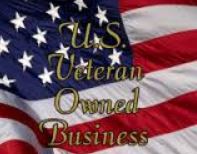Nominations Are Open for Small Business Week Awards

Do you own a small business, or know someone who does? Do you know of a small business owner with a compelling success story to tell? If you do, you should submit your nomination for the 2014 SBA Small Business Week Awards.
For over 50 years, National Small Business Week has recognized the contributions and achievements of America’s small businesses and their owners, for their contributions to their communities and to the national economy.
Small Business Week award categories include:
• Small Business Person of the Year
• Small Business Exporter of the Year
• Family- Owned Business of the Year
• Micro-Enterprise Award
• Minority Small Business Champion of the Year
• Veteran Owned Small Business of the Year
• Women Owned Small Business of the Year
• Young Entrepreneur of the Year
You can find nomination information by visiting the SBA website. Forms can be downloaded as a PDF by using the latest version of Adobe reader. The “Small Business Person of the Year” and the” Small Business Exporter of the Year” awards nominations can be submitted online, by accessing the SBA online portal.
Local award winners will also be eligible to advance to the regional level and regional winners will become eligible for the national level awards. Winners of national awards will be announced during National Small Business Week May 12-16, 2014.
Self-nominations are accepted. Nominations must be received no later than 11:59 pm ET on Friday, January 17, 2014.









